# 17 Odd Beauty in an Under-Touristed Japanese Fishing Village on Shōdoshima
On shadows, time, dust, and jihankis
At the start of summer, a certain listlessness came over me. I was still full of the art I’d taken in over the past weeks, and the heat combined with the daily rain kept me close to the house we’d rented on Shōdo island.
I made no hikes down the promising Kanka gorge: Mist obscured the mountains. I didn’t visit Japan’s first olive tree plantation: The park closed too early in the hot day. And there was nothing special to see or do nearby. Our village was in fact so off the tourist radar that I only met one Westerner during our two-week stay, a local married to a Japanese woman.
Each day, Daniel and I left the house separately and walked around the nearly abandoned neighborhood by ourselves. Because we travel together all the time, we sometimes need to be with our own thoughts. But when I browsed his pictures upon his return, I saw we had been touched by the same odd beauty.
Please enjoy our collaborative essay, his photos (13) combined with my words or quotes from others.
1. Stairway to Nowhere
The Japanese derive meaning from absence. The silence in music and poetry, the dryness of an elegant sake, its lack of strong flavors, the shadows where light is not. Living in Japan, I pay attention to each step rather than to the entire journey, because I cannot see where my steps will take me.
2. Respect for What Time has Touched
A loudspeaker on a street pole plays a cheerful tune at eleven each morning and again at five in the afternoon to tell the time. Lest we forget that it’s passing. The respect for what time has touched is an unfamiliar assurance.
3. Shadow Reflections
We find beauty not in the thing itself but in the patterns of shadows, the light and the darkness, that one thing against another creates… Were it not for shadows, there would be no beauty.
Junichiro Tanizaki, In Praise of Shadows.
4. Jihanki
Japan has more than five million vending machines, the highest number per capita in the world. The Japanese word for them is “jihanki,” which makes me think of hanky-panky, so you know where my mind is whenever I encounter one in the wild. I could write an article about the culture of these machines, their design, the people that keep them filled, the choices they offer, and their sometimes truly mysterious position in the landscape.
5. The Dust of this World
I like to wash,
by way of experiment,
the dust of this world
in the droplets of dew.
Bashō, The Narrow Road to the Deep North
6. Like a Buddha
The pink slide sits under the evening sky like a Buddha, contemplating life for us all.
7. Resilience
Sometimes Japan seems more than ready to change itself on the surface precisely so that it will never have to change deep down.
Pico Iyer in A Beginner’s Guide to Japan.
8. The Threat of the Ocean
“A frog in a well does not know the great ocean,” goes a Japanese proverb. But the Japanese in their island nation know the threat of the ocean all too well.
9. The Harm of Nothing
Everything seems coded in Japan, either on purpose or because things get lost in translation. I don’t really understand their colors, their manners, their poetry, yet I sense a truth in it all that calms me. Imagine living in a world where a soup description translates as “The Harm of Nothing.”
10. Never Alone
In the company of summer and rustling leaves, we are never alone.
11. With an Eye on Eternity
Japan is a union of the traditional and the current, the conservative and the hedonistic. Here, we can fall down a water slide with an eye on eternity, a small island shrine. All fears and joys rise within this perspective.
12. Circle
On the raked gravel, someone has drawn a circle with their heel, wanting perhaps, like me, to stay here forever.
13. Wave Breaker
The sky was incredibly far away, and beautiful enough to make a person wonder why our hearts are never so free.
Banana Yoshimoto, The Lake.
If you enjoyed this post, please check out our other collaborative essay:
Desk Journey aka Book Recommendation
Last week, I finished the gorgeous novel Territory of Light by Yuko Tsushima, first published in Japan as a series of stories (1978-1979).
A young woman, separated from her husband, starts a new life with her 3-year old daughter in an apartment brimming with light. But the light cannot keep the darkness of self-reproach and insecurity out.
Did she leave her unsupportive and cheating husband or did he leave her? The protagonist isn’t entirely sure. What she does know is that single parenthood is hard and made harder by the social stigmas attached to her status.
I was captivated by the gentle, careful voice of this novel and its powerful breaks in chronology. It created a dreamlike world. We can trust the narrator—she tells us the bad and the good about herself—yet we often find out much later than she does where the trouble actually began. We see her transform from a mother whose flaws make her feel guilty into a more hopeful person who understands that neither she nor her daughter need to be perfect to be loved.
Territory of Light, by Yuko Tsushima, translated by Geraldine Harcourt (Picador, 2020).
Time to Say Goodbye
Leaving Japan makes me sad. I want to submerge myself in this beauty and unfamiliarity, swim with my eyes wide open beneath the surface. But Japan, too, is a transient place for us.
Perhaps I shouldn’t let it bother me that our stay here seems too short. Is a haiku less of a poem because it’s short? Or does its brevity give every word a greater density and weight? What’s important is that I was here.
All my best,
Claire
P.S. If you’re thinking, “Your last travelogue was #21 and this is #17, is she losing her mind?” My answer is: Don’t worry, I can still count. In fact, I can count in Japanese, which truly feels like a magic trick. But I’m reorganizing my newsletter and made some new categories. The count will go up again from here on out.


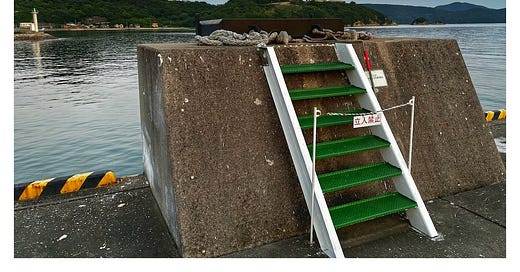



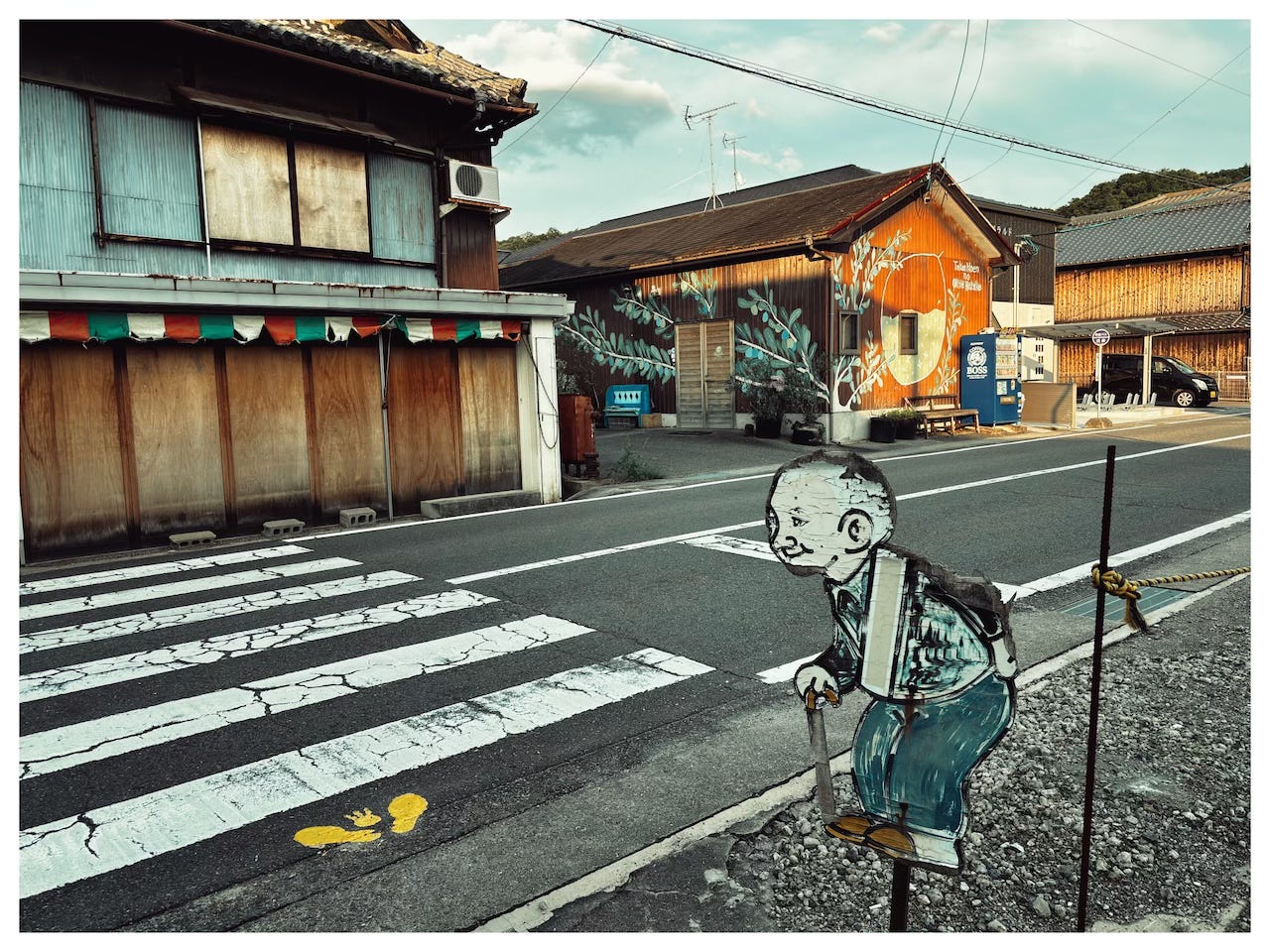
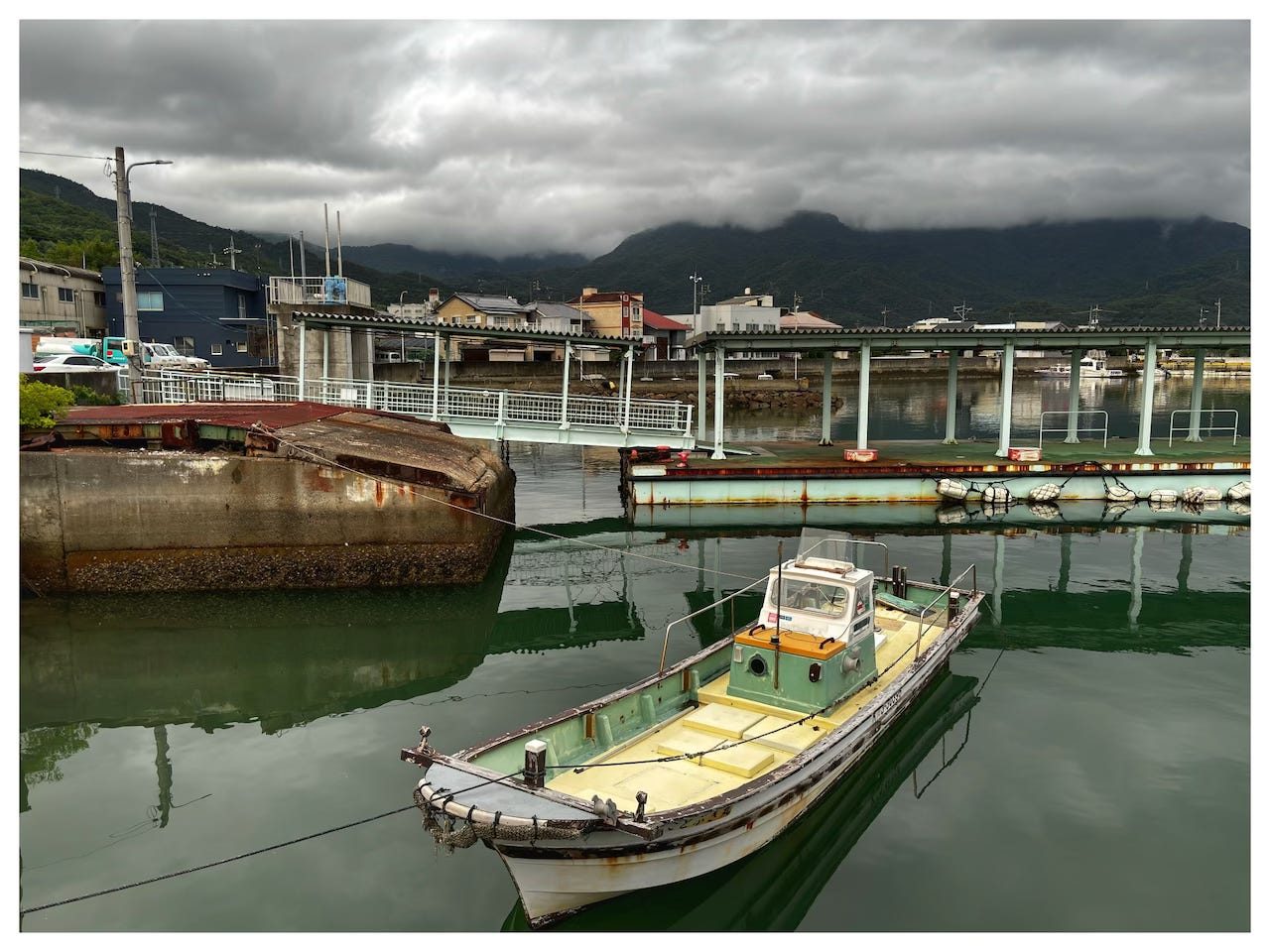

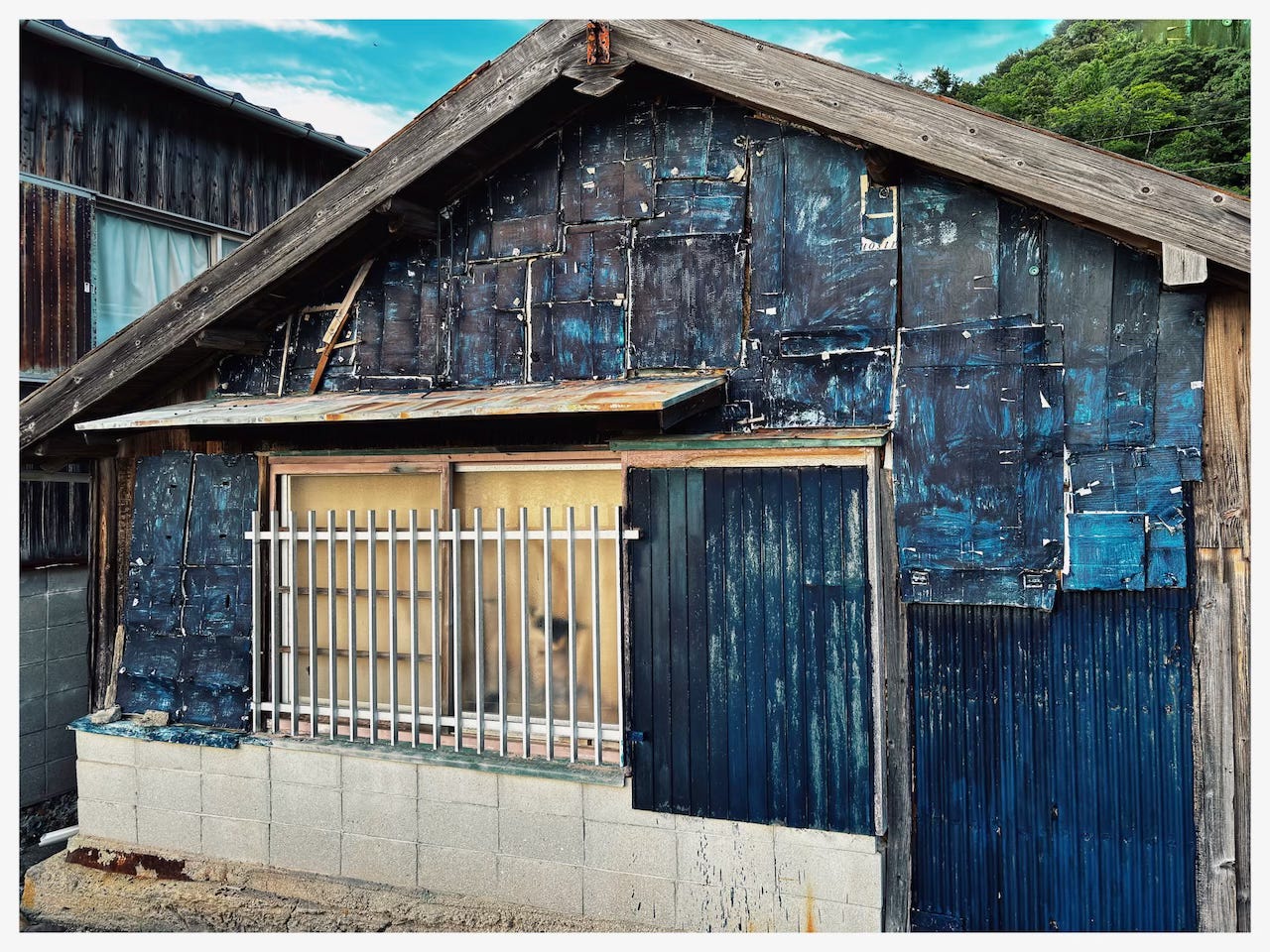
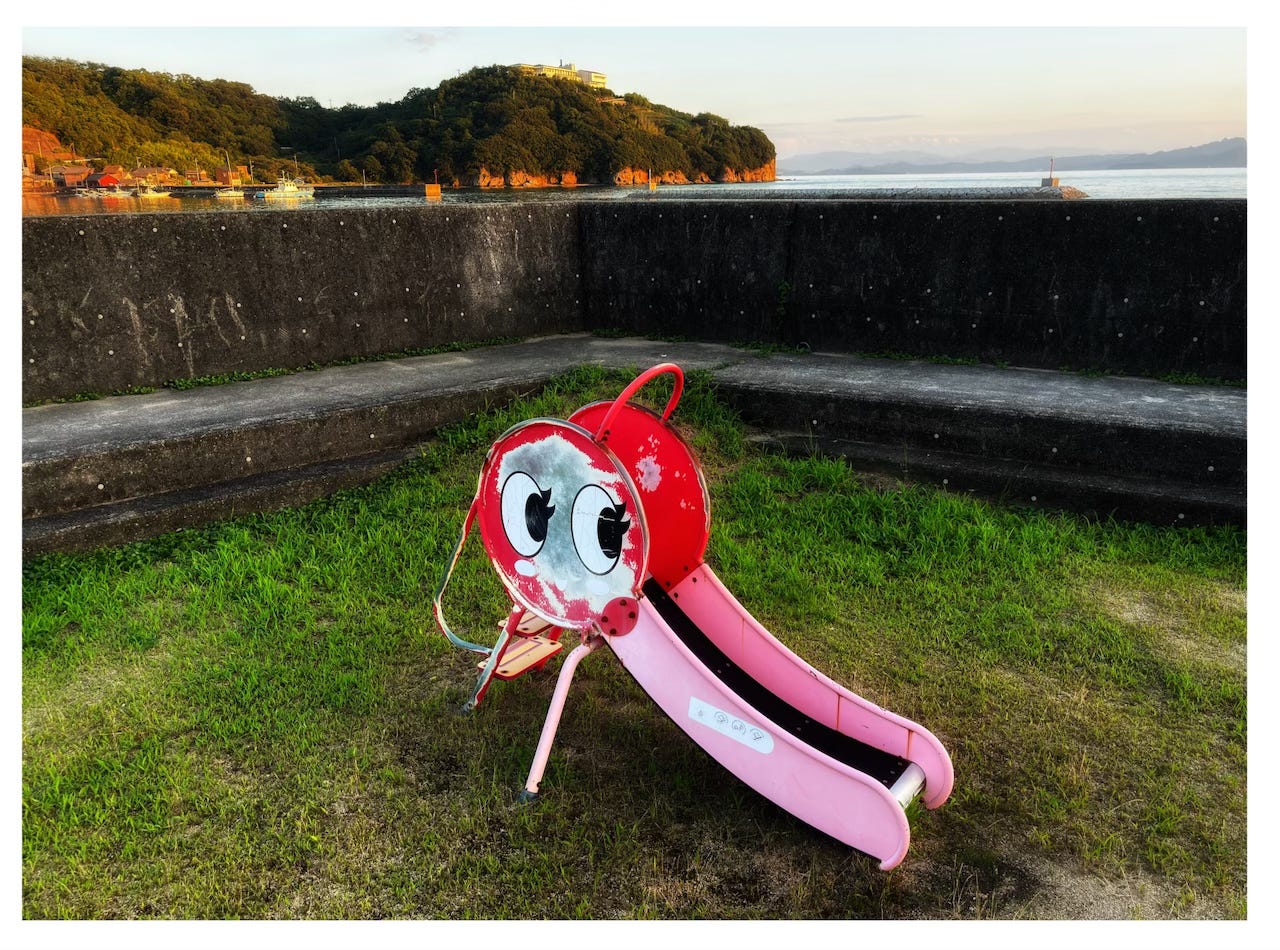
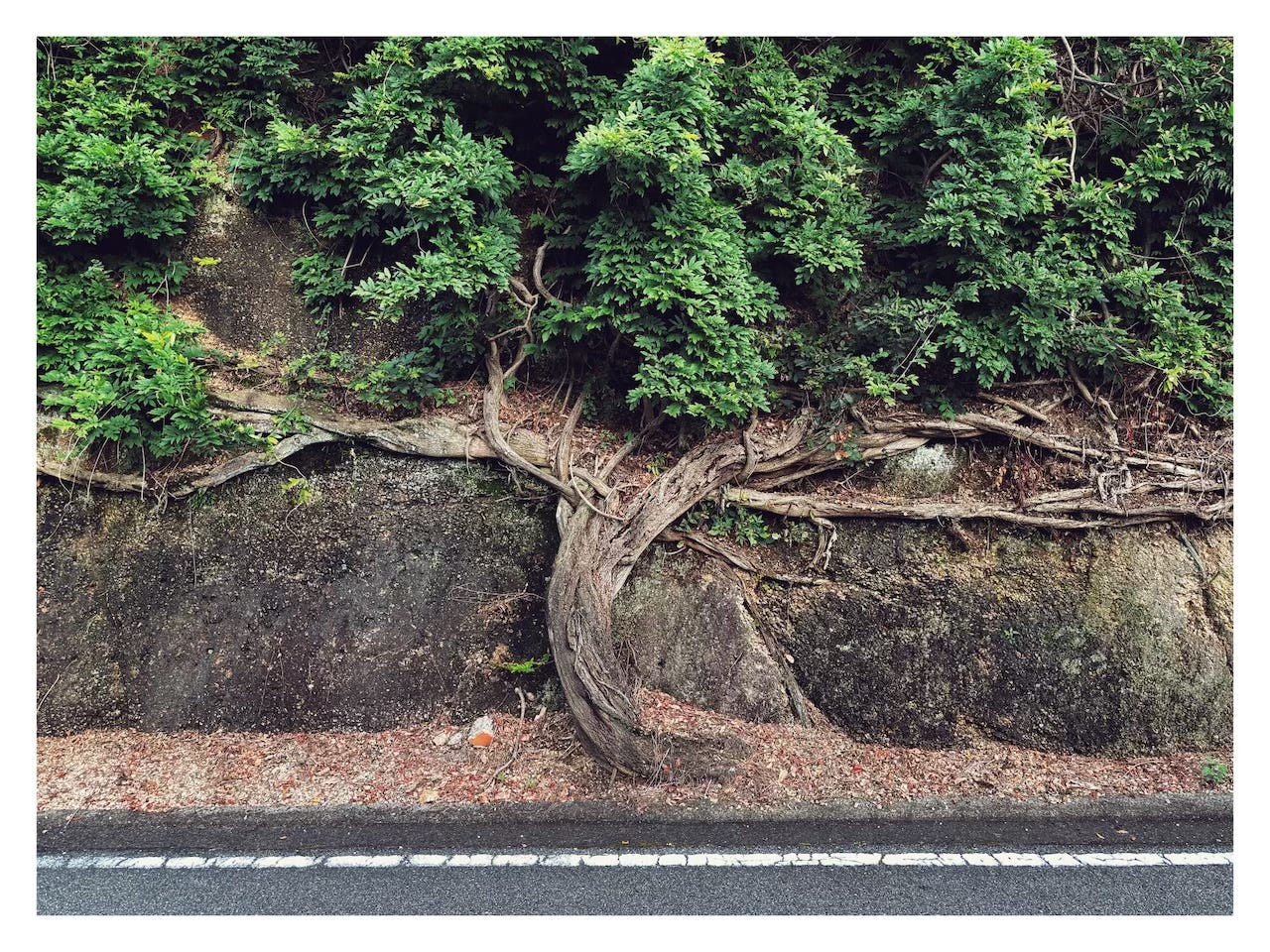


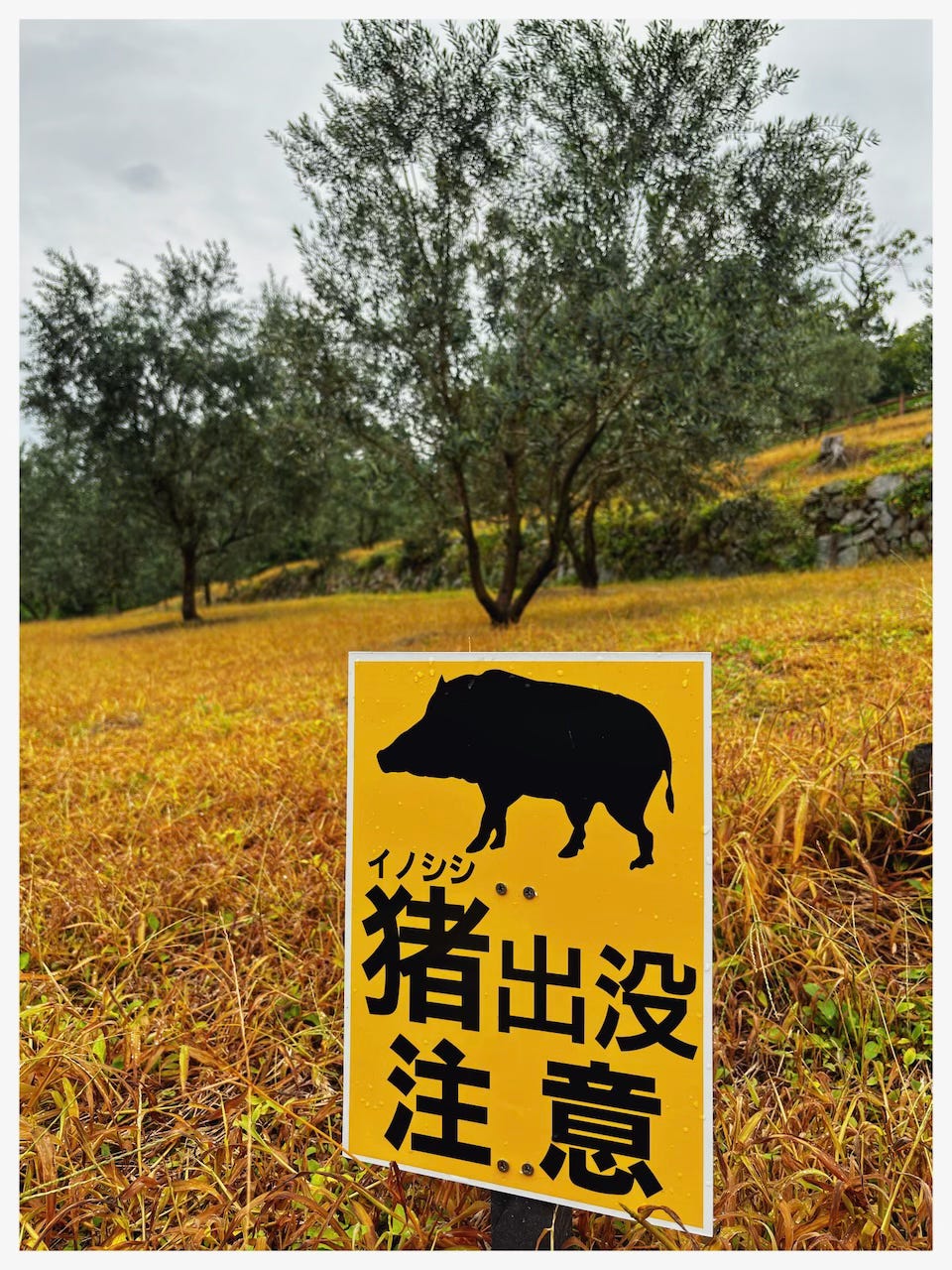
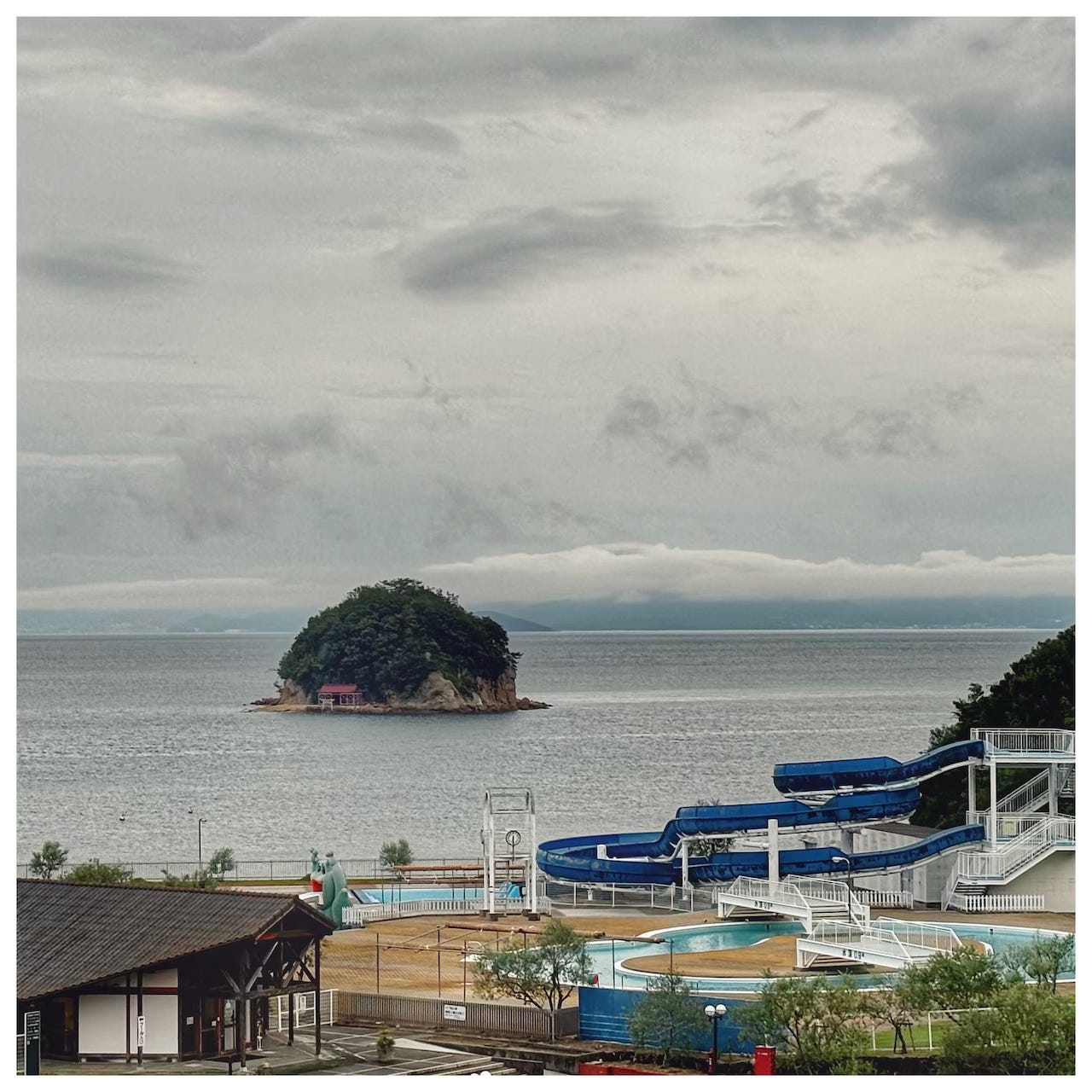

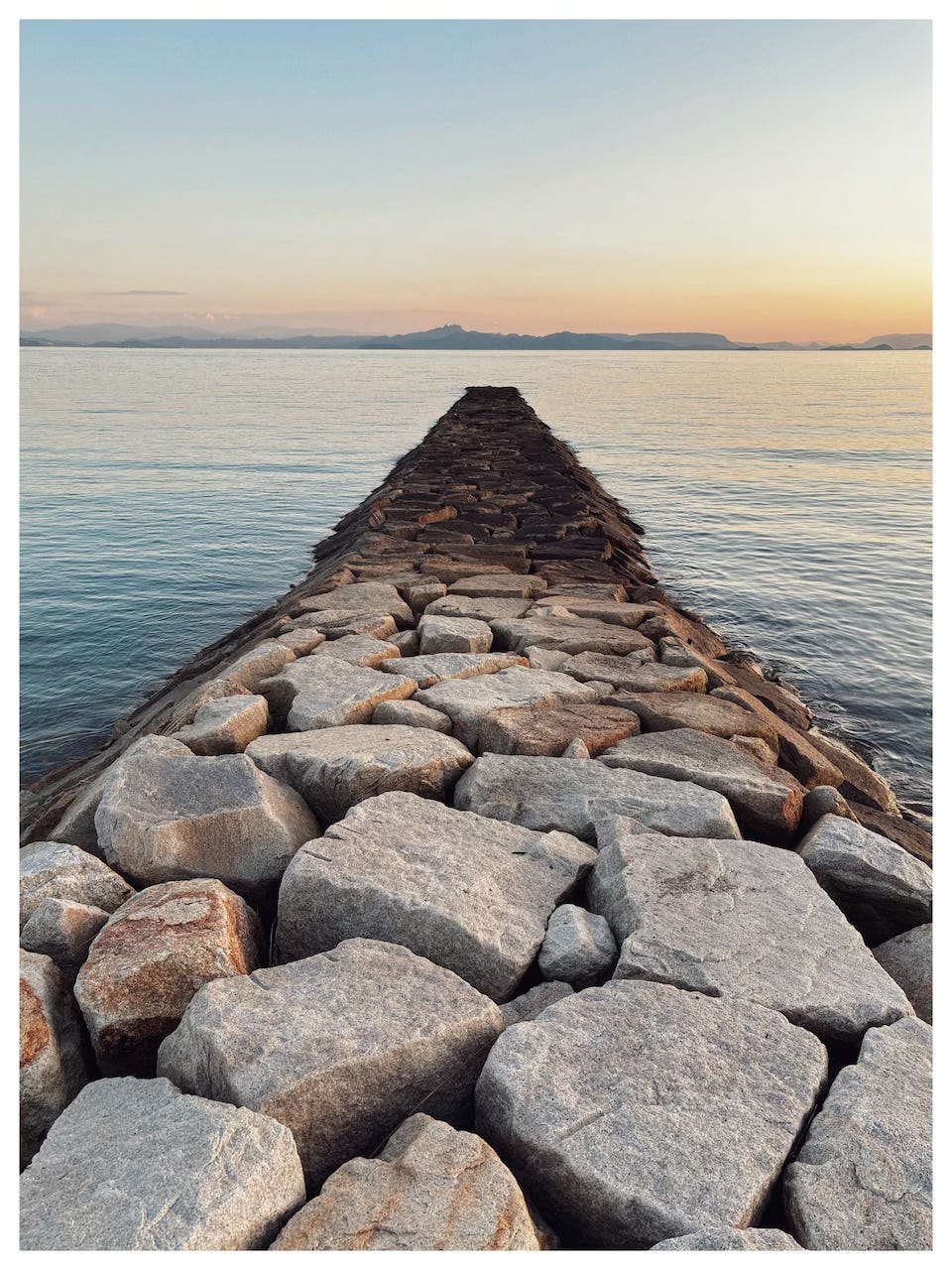
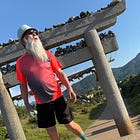
Wonderful photos, and thought provoking, thank you! Never been to Japan but this makes me want to visit.
Adore the mystery, subtlety, beauty of Japan. Thank you for this visual post, reminding me to return there some day.